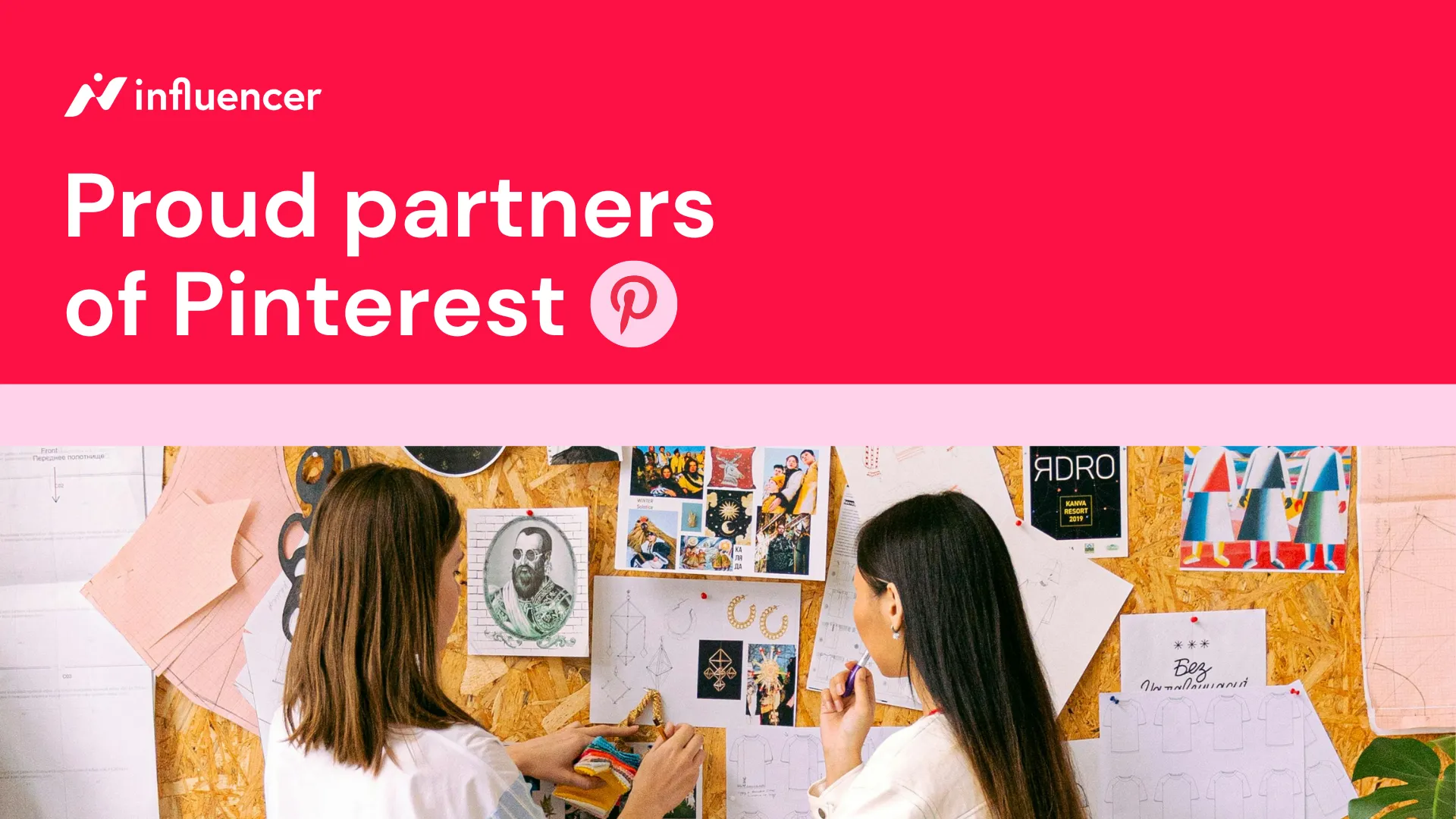Eat, Sleep, Exercise, Repeat: an interview with fitness creator Harvey Armstrong

As we see gyms across the UK open their doors to the public once again, Influencer’s Talent Director Hannah Banks sits down with content creator Harvey Armstrong to discuss how his content has changed over the past year, what our relationship with exercise will look like post-pandemic and how fitness brands will work with content creators in the future.
What are the reasons for becoming a fitness content creator?
It has always been an interest of mine and heavily ingrained into my lifestyle. I love playing sports and still play competitive rugby, and that is why health and fitness has always been my number one priority; naturally, it has become something I have shared with my followers.
How have you kept your audience active and engaged in the past year?
I have made an effort to adapt my content to be as informative and relevant as possible to the current situation we find ourselves in.
During the first lockdown, I shared a lot of home fitness-related content aimed at educating my audience on how you can make home workouts work for you and how best to make the most of everyday household objects, as gym equipment was difficult and expensive to get your hands on. I also shared a number of fitness challenges that could be done from home. I organised a fitness challenge where we cycled the length of the UK (on static bikes) in 24 hours between 3 other friends, raising money to support the NHS and mental health charities.
I have also created a lot of skills-shot related content aimed at entertaining my audience, and a lot of these have a crossover with sports. The added humour to my content has been really well received by my audience.
How do you expect your audiences’ relationship with exercise to look like post-pandemic? Have our fitness habits changed forever?
I think people will find a balance now. I don’t think you can ever beat a gym workout, especially if you are strength training, as all the equipment is specifically designed to give you the most efficient and focused workout. However, it has definitely taught people that you can still get an effective workout done outside of the gym, and that these types of workouts can in fact be more time-efficient without the need to commute.
How has your content changed in the past year?
I have maintained a similar style of content; however, I have gained more of an awareness of what will actually benefit my audience and I have made sure to tailor my content accordingly. During lockdown, people have had to change their way of living dramatically and hence are now more receptive to content that will add value to this new way of living, they are looking for content that is educational and/or entertaining.
What does your relationship with exercise look like post-pandemic? Has it changed, if so how?
I am now much more open-minded and experimental in the workouts I do. I have got into yoga and running for a start, two forms of exercise I used to really not enjoy. I used to think the only way I could get a good workout was by going to the gym, but I have now found a much better balance. I have learnt a lot more about effective exercises I can do without equipment, which will come in handy when I don’t have access to a gym.
What advice would you give to fitness brands trying to navigate a post-pandemic environment?
COVID-19 exposes extremes in socio-economic, experiential, and environmental conditions, so it is important to try and understand what your consumers are really after post-pandemic. Consumers are reappraising the things they value most and now don’t take certain things for granted.
Lockdown has given consumers a new lens in which to see fitness, they are now more knowledgeable and more open-minded to ways in which they can get exercise done. For example, workouts in parks have become a norm, the popularity of running has significantly increased and I do feel there will be less of a reliance on gyms and classes in order to maintain fitness. Consequently, I would make an extra effort to understand what your consumers want and work collaboratively with creators to deliver that.
And finally, what are your top tips for keeping both physically and mentally strong?
Consistent exercise is key - you can’t beat the feeling from the immediate endorphins released during exercise, or the satisfaction of seeing the results on your body in the longer term. I train 5-7 times a week, which means I don’t have to be restrictive in other facets of life, like eating, drinking and enjoying my downtime, and this alleviates that mental pressure.
Running or walking - getting out into the fresh air is such a great way to clear the mind, whilst also doing some exercise.
Setting achievable goals - it’s important to set achievable goals so you can measure your progress and have something to work towards - it can be getting a quicker 5k time, lifting more in the gym or training to complete a specific fitness challenge.
More resources
Let’s work together
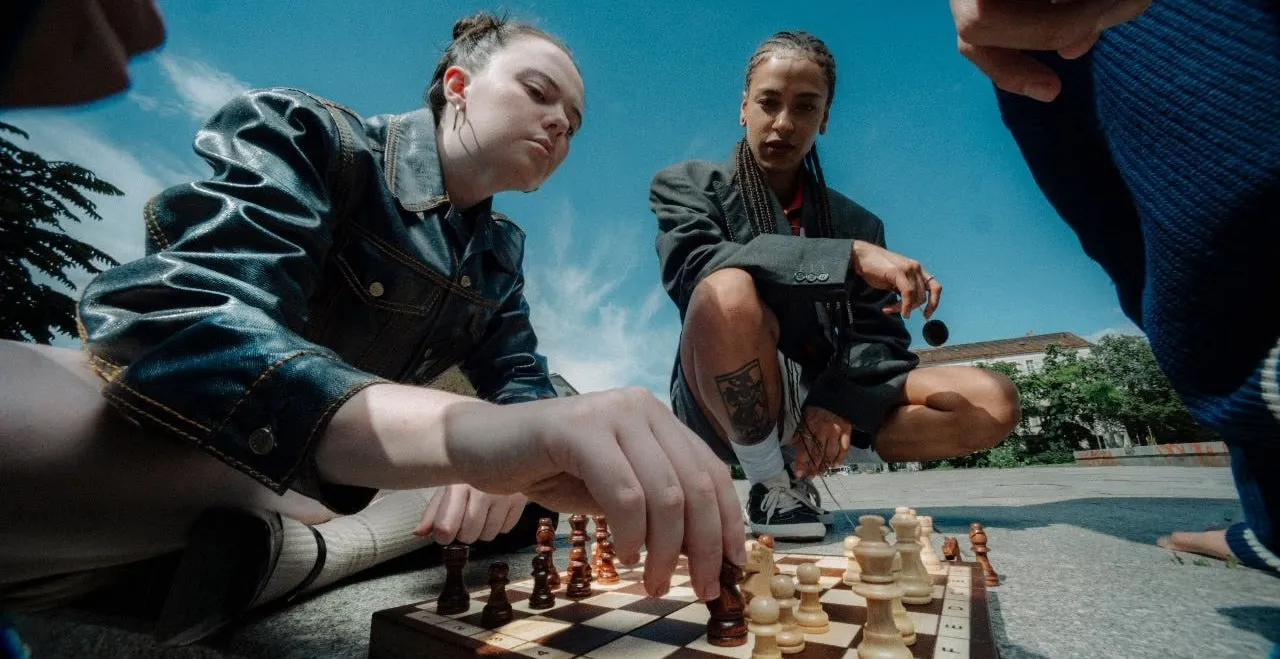
Let’s work together
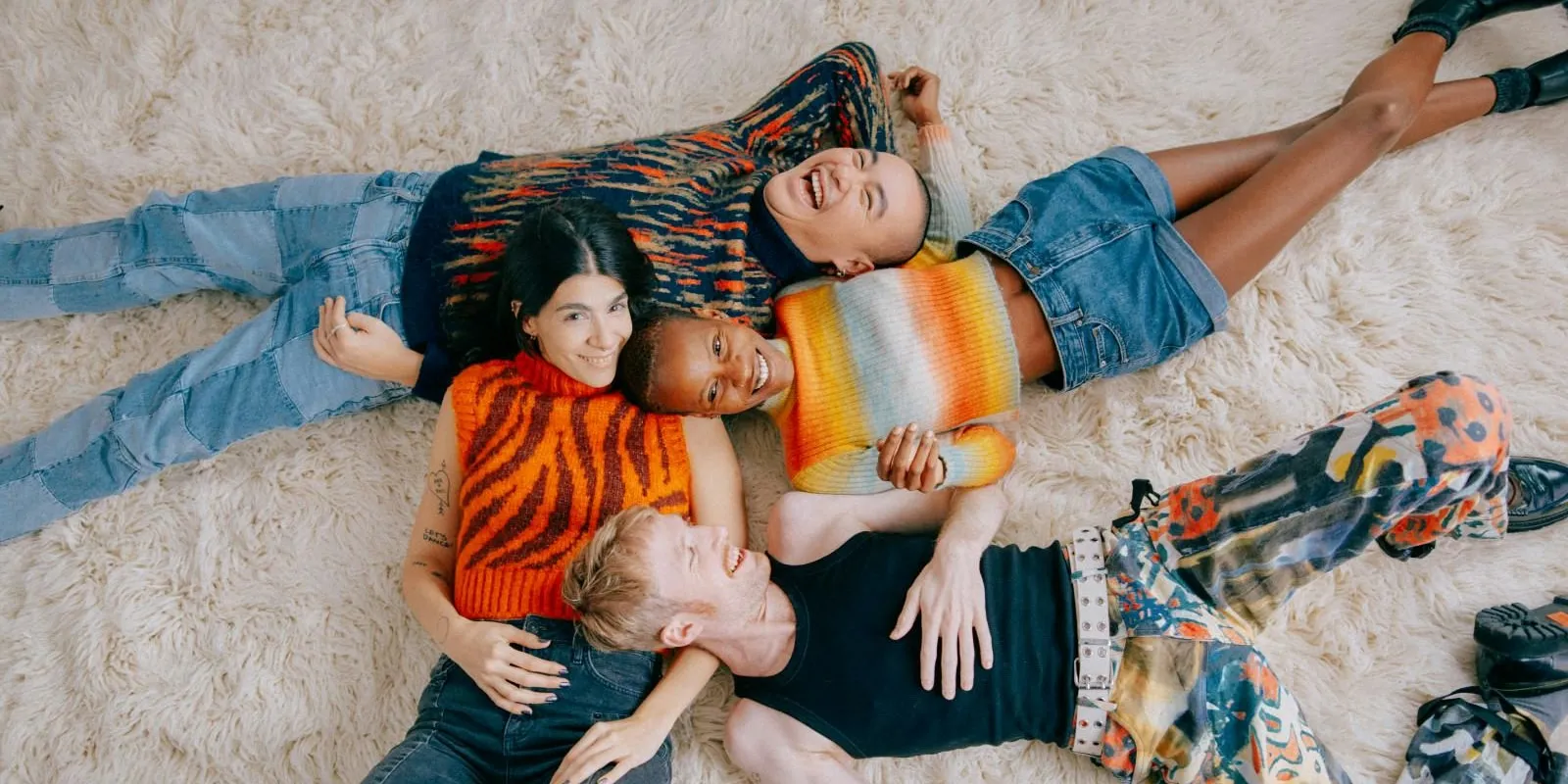
Let’s work together
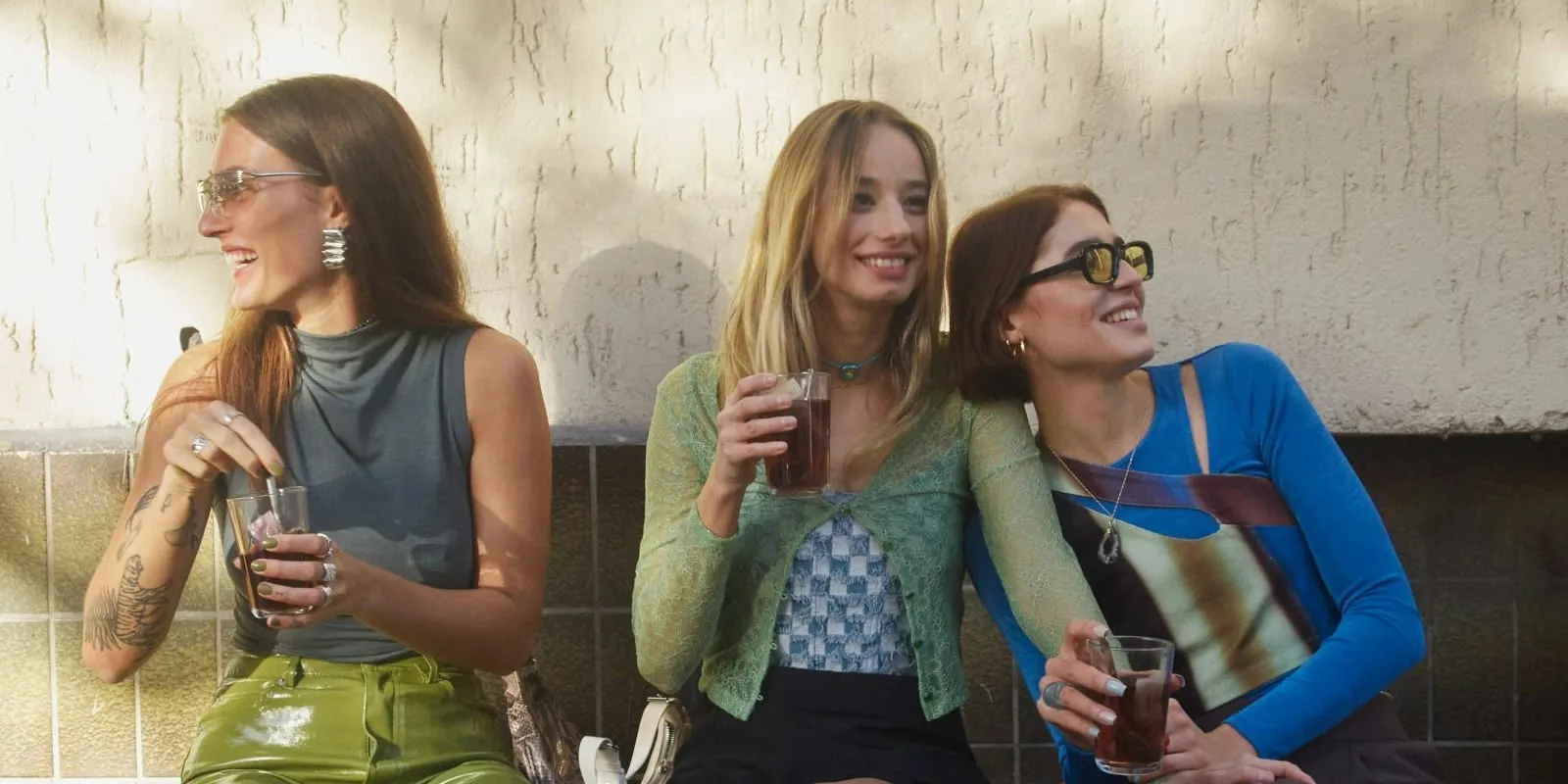
Let’s work together
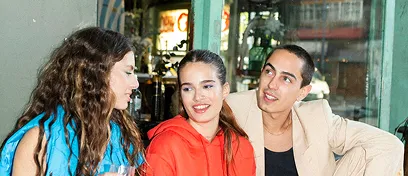
Let’s work together

Let’s work together

Let’s work together

Let’s work together

Let’s work together

Let’s work together

Let’s work together

Let’s work together

Let’s work together

Let’s work together

Let’s work together

Let’s work together

Let’s work together
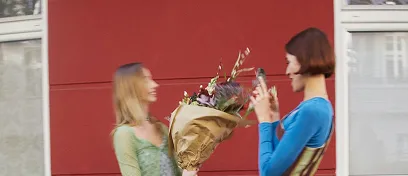
Let’s work together

Let’s work together

Let’s work together

Let’s work together

Let’s work together

Let’s work together

Let’s work together

Let’s work together

Let’s work together

Let’s work together

Let’s work together

Let’s work together

Let’s work together

Let’s work together

Let’s work together




.webp)
